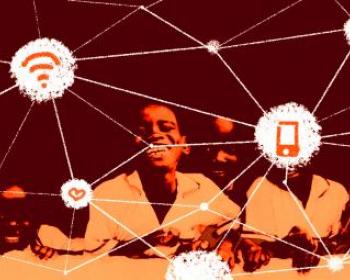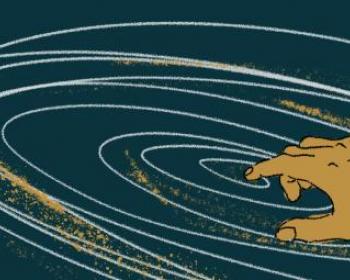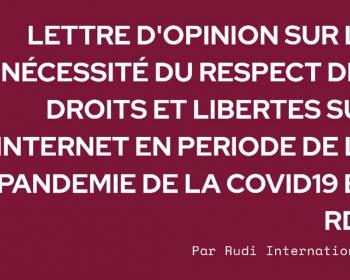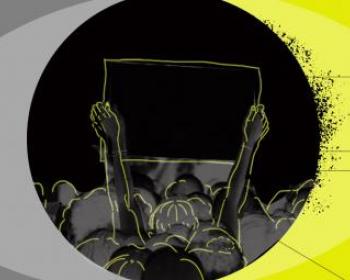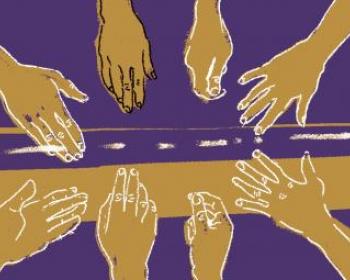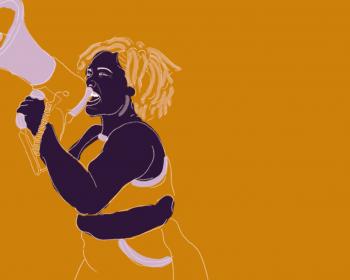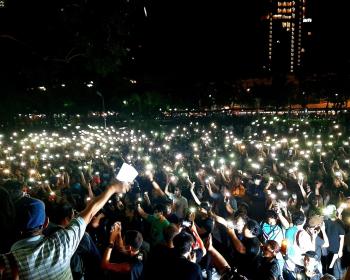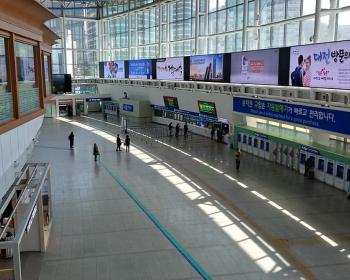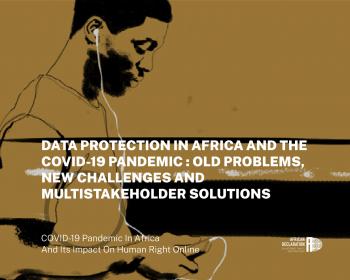Closer than ever
APC understands that we are all dealing with unprecedented circumstances as we face the challenges, fear and uncertainty brought on by the spread of the COVID-19 pandemic. We know it impacts our work, our personal lives and the lives of those we care about. Each country is tackling the situation differently, so the contexts we find ourselves in are as diverse as the ways we find to navigate shifting conditions.
In these exceptional times, we wish to send our solidarity and appreciation for connecting with us. While we are distancing ourselves physically, we continue to stay closer than ever to each other and share tools and resources as well as support. We also want to examine how we can continue to promote human rights online in the context of a global pandemic. We are all facing this problem together but we know it affects different countries and communities in different ways. Therefore, we would like to channel the strength of our network to share some important resources that we hope will be empowering, enlightening and reassuring.
Below you will find articles and insights shared by our community, which has been working on human rights and technology issues for over 30 years. We will be updating these lists on a regular basis, so please feel free to connect with us if you have some resources to share.
Cracks within the Namibian education system have been exposed by COVID-19, and the detrimental effects they pose to the right to development and access to knowledge, as set out in Principle 7 of the African Declaration on Internet Rights and Freedoms, have increasingly become apparent.
For decades, the internet has not reached all areas in Sudan proving the lack of real governmental effort to implement the principles of the African Declaration on Internet Rights and Freedoms.
Rudi International released an op-ed with the aim of drawing attention to the importance of access to the internet during the COVID-19 pandemic in the Democratic Republic of Congo (DRC) and to offer suggestions on how to ensure and enforce internet rights and freedoms.
The analysis of the sphere of movement building and internet governance in North Africa leads inevitably to assess the shrinking of digital space and online mobilisation during the COVID-19 pandemic in the region.
This article analyses the challenge of internet access faced by women and other marginalised groups such as persons with disabilities in Uganda during the COVID-19 pandemic.
The African Declaration on Internet Rights and Freedoms and the Feminist Principles of the Internet advocate for an internet that is accessible, available, useable and affordable to all persons, without discrimination. Realising these principles has become increasingly urgent in the context of the COVID-19 pandemic.
In early 2020, Thailand saw a wave of student protests challenging the tenure and government of the Thai prime minister, but the pandemic forced a suspension of protests. How has social media been used in response?
COVID-19 has led to a surge of efforts by both state and private actors to manage the pandemic itself, and the consequences of it, with the aid of technology. Yet privacy has immediately been cast as a required trade-off in the efforts to combat the disease.
South Korea succeeded in epidemic prevention because it conducted active inspections based on tracking the whereabouts of confirmed patients. However, it should not be forgotten that behind the scenes is an electronic monitoring system that allows our every move to be tracked at any time.
Data protection in Africa can still be described to be in its nascent stage. Most African states do not have a data protection law. This paper by Tomiwa Ilori considers the status of data protection in Africa and the impact of public emergencies like the COVID-19 pandemic on data protection in Nigeria, Senegal, Uganda, Kenya, Morocco, Tunisia, South Africa and Mauritius.

Association for Progressive Communications (APC) 2022
Unless otherwise stated, content on the APC website is licensed under Creative Commons Attribution 4.0 International (CC BY 4.0)



